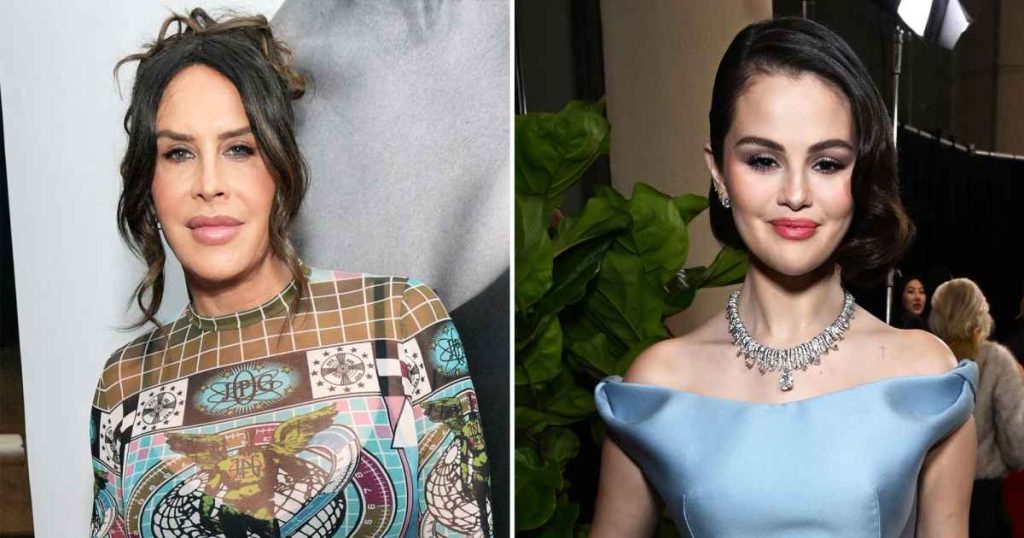The controversy surrounding actress Karla Sofía Gascón erupted in early 2025, stemming from resurfaced social media posts containing offensive and derogatory remarks. Gascón, known for her role in the musical drama Emilia Pérez, faced intense public backlash after historical posts targeting the Muslim community in her native Spain and disparaging George Floyd, the victim of police brutality in 2020, recirculated online. These posts, some dating back to 2016, sparked widespread condemnation and led Gascón to deactivate her X (formerly Twitter) account and issue a public apology. The apology, released through Netflix, expressed remorse for the pain caused and affirmed Gascón’s lifelong commitment to fighting for a better world. However, the controversy continued to dog the actress and the film she starred in.
Adding fuel to the fire, a 2022 social media post allegedly authored by Gascón resurfaced, further complicating the situation. This deleted post, referenced by The Latin Times, reportedly contained disparaging remarks about singer and actress Selena Gomez. In the alleged post, Gascón seemingly commented on a photo of Gomez and Hailey Bieber together, referencing Gomez’s past relationship with Justin Bieber, Hailey’s husband. The content of the post, viewed as derogatory and inflammatory, intensified the existing criticism directed at Gascón and raised questions about her professional conduct. While attempts were made to contact representatives for both Gascón and Gomez for comment, the controversy surrounding the alleged post remained unresolved.
Gascón’s co-star in Emilia Pérez, Zoe Saldaña, addressed the unfolding controversy during a public Q&A session, expressing her disappointment and sadness at the situation. Saldaña emphasized her personal commitment to inclusivity and respect for all communities, highlighting the positive and collaborative experience she had on the set of Emilia Pérez. She lamented the setback caused by the controversy, emphasizing the film’s focus on themes of racial, cultural, and gender equity. Saldaña’s comments underscored the dissonance between the film’s intended message and the actions of one of its stars, raising concerns about the potential impact on the film’s reception.
Emilia Pérez, a musical drama centered around a Mexican cartel leader who transitions into a woman and fakes her death, found itself embroiled in controversy even beyond Gascón’s social media posts. While Gascón’s performance garnered recognition, making her the first transgender woman nominated for Best Actress at both the Golden Globes and Academy Awards, the film itself was conspicuously absent from the GLAAD Media Awards nominations. This omission, coupled with GLAAD’s critique of the film as a "step backward for trans representation," further complicated the narrative surrounding Emilia Pérez. The film, intended to explore complex themes of identity and transformation, faced criticism for its portrayal of transgender experiences, raising questions about the authenticity and sensitivity of its representation.
The controversy surrounding Gascón and Emilia Pérez became a multi-layered discussion about accountability, representation, and the potential for conflicting narratives within a single project. While Gascón’s historic social media posts generated immediate and widespread condemnation, the resurfacing of the alleged post targeting Selena Gomez added another dimension to the public’s perception of the actress. The conflict between Gascón’s individual actions and the themes of inclusivity promoted by the film created a complex and challenging situation for all involved.
The ensuing discussions highlighted the importance of nuanced and sensitive portrayals of marginalized communities in media. Gascón’s controversial past and the criticism leveled at Emilia Pérez served as a reminder of the ongoing need for authentic and responsible representation in the entertainment industry. The controversy also underscored the power of social media and its potential to both amplify and complicate public discourse surrounding sensitive issues. The situation surrounding Gascón and Emilia Pérez became a case study in the complexities of navigating controversies in the modern era and the ongoing challenges of fostering genuine inclusivity and representation.

